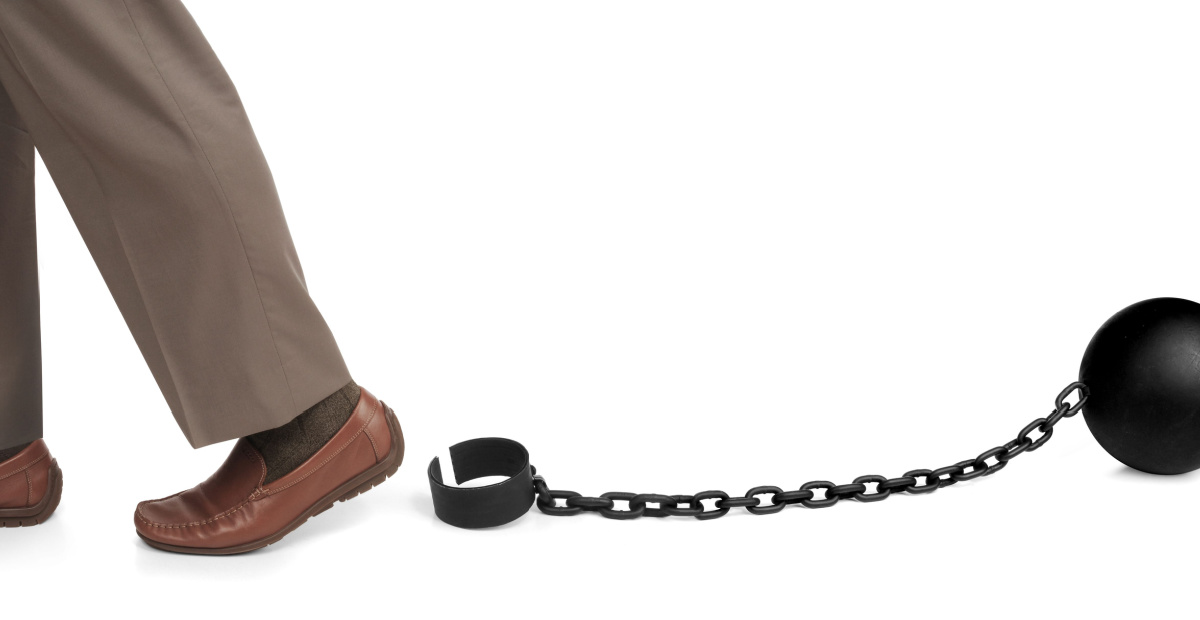ATO reminds CGT obligations on investments

The Australian Taxation Office (ATO) has reminded taxpayers of their capital gains tax (CGT) obligations when it comes to selling assets including managed investments, shares, crypto and investment properties.
In a statement released on Thursday, ATO Assistant Commissioner Tim Loh said it was important for taxpayers to keep records related to their ownership of such assets to calculate the capital gain.
The ATO also uses data from external sources including state and territory property titles offices and revenue agencies, crypto asset exchanges and share registries to match against filed records.
“Records are key and will help you calculate the correct capital gain to ensure you are meeting your obligations,” Loh said.
“If you think you can slide under the radar and avoid reporting a capital gain, think again.
“It’s important to also include capital losses on your tax return. By including losses in the year they occur, they can be used to reduce capital gains in the current or future years. But you can’t offset capital losses against other income like salary or wages.”
Loh said the highest number of errors are occurring where taxpayers individually claim the full main residence exemption when selling their home of which part may have been used to generate income.
“Generally, your main residence (your home) is exempt from CGT, but if you’ve used it to produce income, such as renting out all or part of it, including through the sharing economy, like through Airbnb or Stayz, or running a business from home, then you may have to pay CGT,” he said.
“CGT isn’t a separate tax, it’s part of income tax and any capital gains you declare will be taxed at your marginal income tax rate, so it’s important to understand your obligations when it comes to declaring a loss or gain.”
Loh said the most accurate process to ensure requirements are met involves first calculating a capital gain or capital loss for each asset disposed of, then reducing the total capital gains with any capital losses before applying any eligible discounts or exemptions.
“If you’re an Australian resident for tax purposes and you’ve kept your asset for 12 months or more before disposing of it, you can reduce your capital gain by 50%. If you jointly owned an asset, remember to apportion your gain or loss based on your ownership percentage.”












Well, there's a very sound default reaction by any clear thinking adviser to this story - SO WHAT?! If there…
Was exactly what I was thinking "researcher". ASIC completed a look back on advisers, time for a look back on…
They're like a zombie that you can't kill
This answer from ASIC does not stack up. The current Chair and Deputy Chair for enforcement commenced on 1 June…
How about ASIC does a look back, just like they forced advisers to do. Advisers had to justify everything they…